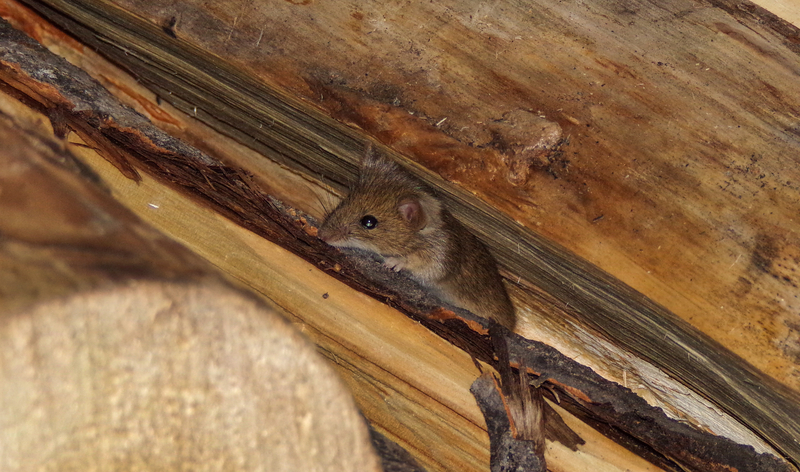Certain pests not only cause annoyance but also pose health risks by transmitting diseases. Understanding how these pests spread diseases is crucial in implementing preventive measures to safeguard against potential health threats.
Mosquitoes
Mosquitoes are infamous vectors for various diseases worldwide. They transmit illnesses like malaria, dengue fever, Zika virus, and West Nile virus through their bites. These diseases can cause a range of symptoms, from mild discomfort to severe and life-threatening conditions. Mosquito-borne diseases are prevalent in many regions, making it essential to take precautions such as using insect repellents, wearing protective clothing, and eliminating standing water where mosquitoes breed. Not all mosquitoes are bad. Male mosquitoes do not bite humans and instead feed on plant nectar. In fact, they play a crucial role in pollination and maintaining the ecosystem balance. It is only the female mosquitoes that require blood meals for egg production. There are over 3,500 species of mosquitoes worldwide, with varying sizes, colors, and behavior patterns. They are most active at dawn and dusk, but some species can also be active during the day.
Ticks
Ticks are another pest responsible for transmitting diseases. Only deer ticks and western black-legged ticks spread Lyme disease. Lyme disease can lead to symptoms affecting the joints, heart, and nervous system if left untreated. Other tick-borne diseases include Rocky Mountain spotted fever and babesiosis, among others. Preventive measures such as wearing protective clothing, using tick repellents, and performing thorough tick checks after spending time outdoors can help reduce the risk of tick-borne diseases. It’s crucial to note that prompt removal of attached ticks minimizes the likelihood of disease transmission. If a tick is found, it should be removed carefully with tweezers by grasping it as close to the skin as possible and pulling it straight out. After removal, the bite area should be cleaned with antiseptic. Ticks can also cause significant harm to animals and livestock, such as cattle, sheep, and horses. Ticks can also cause tick paralysis, a condition in which toxins present in the tick’s saliva can lead to muscle weakness and paralysis.
Rodents
Rodents, such as rats and mice, are carriers of various diseases and pose significant health risks to humans. They can transmit diseases indirectly through contaminated food and surfaces or directly through bites or scratches. Rodents can spread diseases like leptospirosis, hantavirus pulmonary syndrome, and salmonellosis. These diseases can cause severe symptoms ranging from fever, muscle aches, and respiratory issues to potentially fatal conditions. Maintaining cleanliness, sealing entry points, and proper storage of food can help prevent rodent infestations and reduce the risk of diseases they carry. Professional pest control services can help eliminate and prevent rodent infestations. Aside from health risks, rodents can also cause damage to homes and properties. They have strong teeth that constantly grow, leading them to gnaw on wood, wires, and other materials. This behavior not only causes structural damage but also increases the risk of electrical fires.
Pests play a significant role in transmitting diseases that can impact human health. Awareness and proactive steps to control pests and minimize exposure are crucial in protecting against these potential health hazards.
Did You Enjoy Reading This Article? Here’s More to Read: Environmental Hazards That Can Cause Illness



